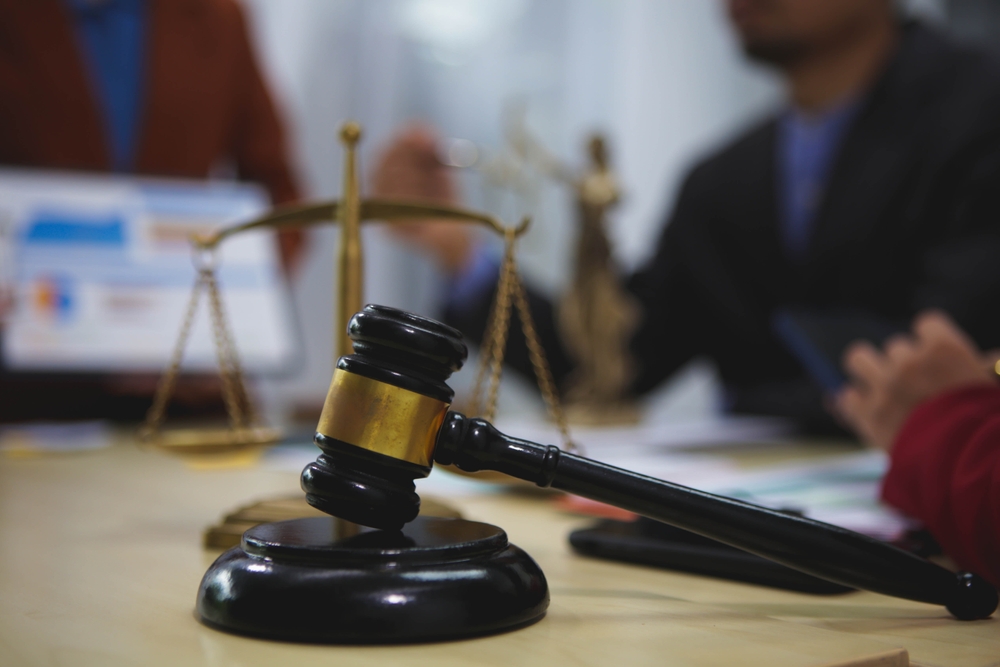When you suffer an injury due to someone else’s negligence, one of the ways to seek compensation is through a personal injury case. While medical expenses and lost wages are relatively easy to calculate, determining the value of pain and suffering is more complicated. Understanding how pain and suffering are calculated can help you ensure you receive fair compensation for your damages.
What Is Pain and Suffering?
While many people are familiar with the term “pain and suffering” in the context of a personal injury case, most don’t understand what it means and how it is calculated. Pain and suffering refer to the physical and emotional distress experienced due to an injury. This includes not only the immediate pain caused by the injury but also long-term effects like chronic pain, mental health challenges, emotional distress, and loss of enjoyment of life. Unlike medical bills, which have a clear financial value, pain and suffering are subjective and require careful evaluation.
How Can Pain and Suffering Be Calculated?
There is no one perfect formula for calculating pain and suffering in a personal injury case. However, attorneys and insurance companies typically use two methods: the Multiplier Method and the Per Diem Method.
The Multiplier Method
The Multiplier Method calculates pain and suffering by multiplying the total economic damages (like medical bills and lost wages) by a number typically ranging from 1.5 to 5. The severity of the injury determines the multiplier. For example, they might use 1.5-2 for minor injuries and 5 for serious injuries with lifelong consequences.
For example, if your medical bills and lost wages total $50,000 and a multiplier of 3 is applied, your pain and suffering damages would amount to $150,000, bringing your total compensation to $200,000.
The Per Diem Method
The Per Diem Method assigns a daily rate to your pain and suffering and multiplies it by the number of days you were affected. This method is often used for short-term injuries with a clear recovery period. For example, if the daily rate is $200 and you take 180 days to recover, your pain and suffering damages would be $36,000.
What Factors Can Influence Pain and Suffering Compensation?
Since pain and suffering are subjective and not the same for everyone, several factors influence how they are calculated in a personal injury case. Some of the things considered include:
- Severity of the Injury: More serious injuries generally result in higher compensation to reflect their seriousness.
- Impact on Daily Life: If the injury prevents you from working or enjoying daily activities, your compensation may be higher.
- Length of Recovery: The longer it takes you to recover, the greater the compensation you will often receive.
- Medical Treatment Required: Surgeries, physical therapy, mental health treatment, and long-term care can increase the value of your pain and suffering.
- Emotional and Psychological Trauma: Anxiety, depression, PTSD, and other mental health issues can increase the amount awarded.
- Strength of Evidence: Medical records, expert testimony, and personal accounts will all strengthen your claim.
Is There a Limit to Pain and Suffering in Maryland?
In Maryland, there is a cap on non-economic damages, including pain and suffering, in a personal injury case. As of early 2025, this cap is $950,000 for personal injury claims, and it typically increases every year. In cases involving wrongful death with multiple beneficiaries, the cap is higher. Understanding these limits is essential when pursuing compensation.
Contact Mobley & Brown, LLP for Help With Your Legal Needs
If you were injured in an accident, you need the right legal assistance. Our experienced legal team is looking forward to working with you to meet your needs. Call us now at (410) 385-0398.













